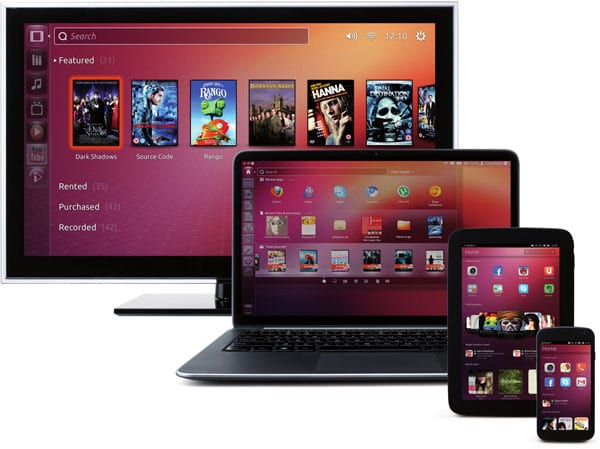
X is how you know the graphical server by default for many modern Unix-like operating systems, including Linux. But it is a very heavy and old project, it was created many years ago and therefore it is not optimized for the new graphic era, that is why less heavy, lighter alternative projects have been born that can perform the same functions as X without assume dependence on such a heavy system. I'm talking about Mir and Wayland.
Mir is the project commanded by Canonical, while Wayland is an independent project developed by the community. In Mir's case, it is supposed to be the project that will replace X in the new versions of Ubuntu's graphical environments, that is, for Unity. Some time ago, the developers of Canonical had released version Mir 0.26, therefore it is still a very young project as we can see from numerology. But it is already progressing and we will see the results soon.
Mir is very focused on the convergence how much Canonical has announced and how much it is struggling to achieve, albeit lagging behind its direct competitors (see Microsoft's Windows 10). Although Redmond's have not achieved full convergence, they are ahead. I hope that Mir and the news of the next versions of Ubuntu bring more hope and pleasant surprises, because there have already been several delays and reversals.
And continuing with Mir 0.26, Canonical has re-licensed the code under LGPL. The developers are very busy making progress to launch the stable version of the project and at the moment, they have already achieved a number of important changes in the API, which together with the new license are among the most important changes that the project has undergone. But of course they have not been the only changes that have been achieved, and more will come ...
Canonical has definitely lost the race for convergence, it had the great opportunity but no, now it is more of the same, and when it manages to make convergence work, again try to convince the world that it is better, and thus always in the queue. Regrettable.